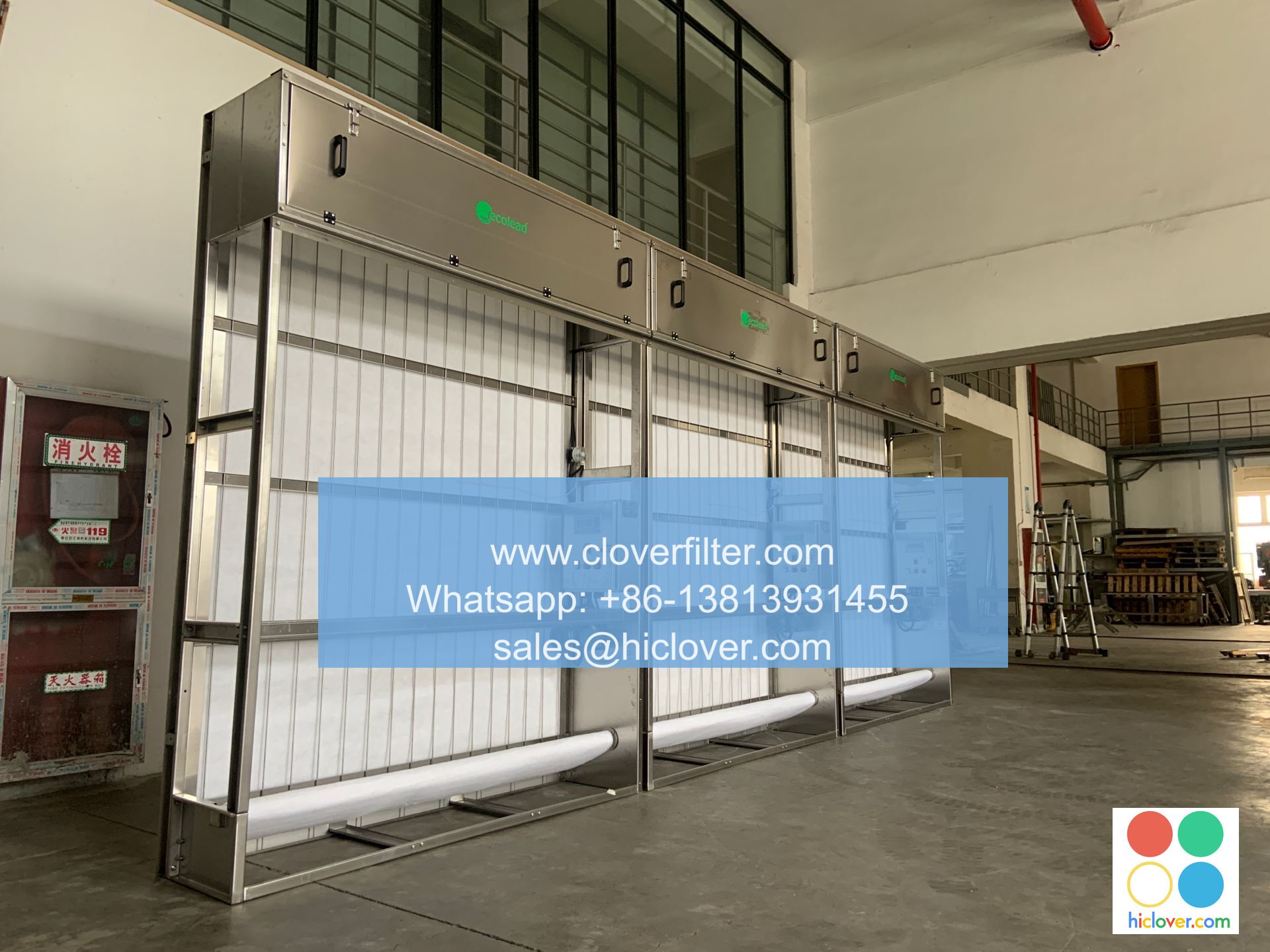The Benefits of Energy-Efficient Air Filters for Health Care Facilities

Improving Air Quality in Health Care Facilities: The Benefits of Energy-Efficient Air Filters
A Breath of Fresh Air in Health Care: Why Energy-Efficient Air Filters Matter
Health care facilities are always on the lookout for ways to improve patient care and reduce operating costs. One often-overlooked solution is the implementation of energy-efficient air filters. These filters not only help reduce energy consumption, but they also promote a healthier environment for patients, staff, and visitors alike.
Reducing Energy Consumption: The Economic Benefits
Traditional air filters can be energy-intensive, consuming up to 10% of a building’s total energy usage. Energy-efficient air filters, on the other hand, can reduce energy consumption by up to 50%. This reduction in energy usage leads to significant cost savings for health care facilities, which can then be redirected towards patient care and other vital programs.
Improved Air Quality: The Health Benefits
Pathogens, allergens, and pollutants can reduce indoor air quality, leading to a range of health issues from the common cold to more serious conditions like respiratory disease. Energy-efficient air filters can capture 99.97% of particles as small as 0.3 microns, including viruses, bacteria, and dust. This improved air quality leads to a healthier environment for patients, staff, and visitors, reducing the risk of illness and promoting faster recovery.
Reducing Maintenance and Replacement Costs
Traditional air filters require frequent replacement, which can be time-consuming and costly. Energy-efficient air filters, however, canlast up to 16 times longer, reducing maintenance and replacement costs. This not only saves facilities money but also reduces waste and minimizes the environmental impact of filter production and disposal.
Specialized Applications: Tailoring Air Filters to Specific Health Care Settings
- Operating Rooms and Critical Care Units: High-efficiency air filters are essential in areas where infection control is paramount, reducing the risk of surgical site infections and other complications.
- Emergency Departments and ICUs: Energy-efficient air filters help remove airborne bacteria and viruses, reducing the risk of respiratory infections and complications.
- Hospices and Long-Term Care Facilities: Air purifiers and energy-efficient air filters help remove airborne pollutants, reducing the risk of respiratory disease and promoting a healthier environment for patients.
Conclusion
In conclusion, energy-efficient air filters offer a range of benefits for health care facilities, from reduced energy consumption to improved air quality and reduced maintenance costs. By incorporating these filters into their facilities, health care providers can create a cleaner, healthier environment for patients, staff, and visitors alike. Whether in operating rooms, emergency departments, or long-term care facilities, energy-efficient air filters are an essential component of any comprehensive health care strategy.
Key Takeaways:
- Energy-efficient air filters can reduce energy consumption by up to 50%.
- These filters capture 99.97% of particles as small as 0.3 microns, including viruses, bacteria, and dust.
- Energy-efficient air filters reduce maintenance and replacement costs by lasting up to 16 times longer.
- Specialized air filters can be tailored to specific health care settings, such as operating rooms, emergency departments, and long-term care facilities.
It seems you’re looking to start a conversation! I’m here to help. What’s on your mind? Do you have any specific topic or question in mind, or would you like some conversation starters?


